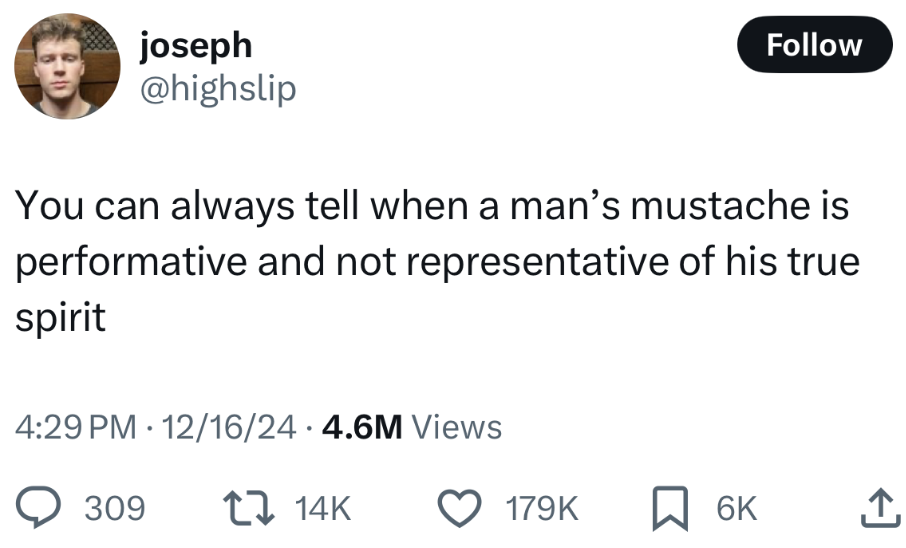On Convocation, Alumnae Hall was overwhelmed by yellow, with a splash of purple and undertones of green and red. Hundreds of Wellesley students sat in the auditorium seats, listening intently to President H. Kim Bottomly’s speech on what makes Wellesley special. The speech emphasized one main quality: Wellesley as a women’s college.
While Bottomly may have intended to celebrate Wellesley’s prestige, her speech was political. A women’s college implies a single-gendered school. However, that is not the Wellesley we know now or the Wellesley of the future. Wellesley’s future is women who will. Its future is also gender-nonconforming and open to transgender students.
In the past week, both Mills College and Mount Holyoke announced the decision to admit male-to-female transgender students. Mount Holyoke’s President Lynn Pasquerella announced during its own convocation on Tuesday that the college’s admission policy now considers trans women applicants suitable candidates for admission.
Currently, the College only admits students described by the U.S. government as “biologically female.” For the past several years, Wellesley students have been pushing for admissions office to open its doors to trans students. Mills and Mount Holyoke have given the debate at women’s colleges momentum by demonstrating that it is not only possible for women’s colleges to accept trans women, but also exemplary. The editorial board believes that Wellesley should join Mills and Mount Holyoke in accepting trans women by adopting a clearly defined admissions policy that allows for greater inclusivity.
In failing to adopt an admissions policy that welcomes applications from trans women and people outside the gender binary, we are closing our doors to many qualified students with the potential to succeed in Wellesley. These individuals deserve to join the Wellesley student body, just as current Wellesley students deserve to belong to a more inclusive institution that does not discriminate against applicants whose gender identity does not match their legal sex. In accepting trans women, Wellesley would be a more honest and stronger supporter of gender equality.
The morning following Convocation, Bottomly addressed a letter to the Wellesley community in which she stated the need to question what it means to be a woman in the 21st century. The discussion that Bottomly calls for is an important one but it does not signal definite or effective action towards the acceptance of trans women on campus.
Wellesley’s response in this matter is lagging behind those of other women’s colleges, where there are more visible student movements in support of the inclusion of trans women, where transgender students have already been accepted and where administrations are already addressing the possibility of creating clearly written admissions policies that invite trans women to apply. In response to Bottomly’s questions with regards to what it means to be a woman in the 21st century, the editorial board believes that a transgender person who identifies as a woman should be considered as such and thus be eligible for admission.
The inclusion of transgender women on campus needs to go beyond admissions policies, however. The Mount Holyoke student organization Open Gates stated in an interview with Buzzfeed that “Mount Holyoke has set a precedent of how…changes can be made to include trans women, at least by law, at women’s colleges.”
As Open Gates states, the first step is to open the doors to transgender students by elaborating a more inclusive admissions policy. This necessary action then needs to be followed by more equally important actions to foster an inclusive and welcoming campus environment for trans women.
We hope that the College discussions following Bottomly’s announcement will yield progress towards the acceptance of trans women. Only then can we start to redefine what it means to be a woman.





